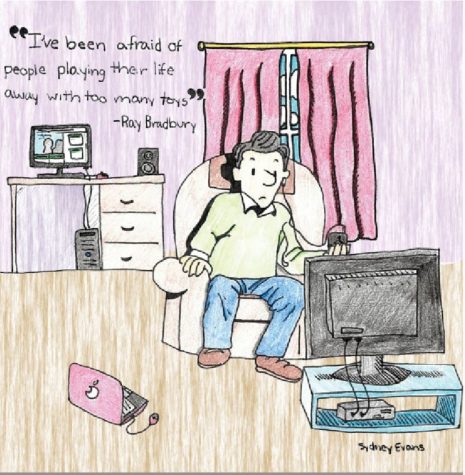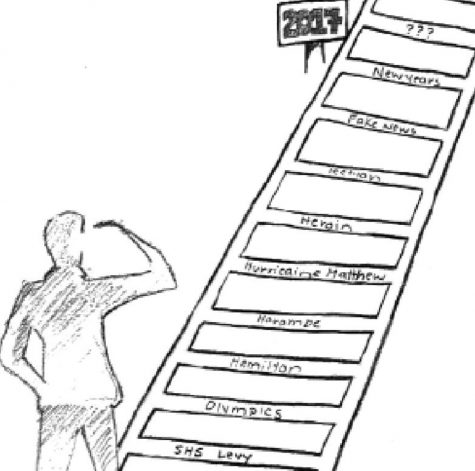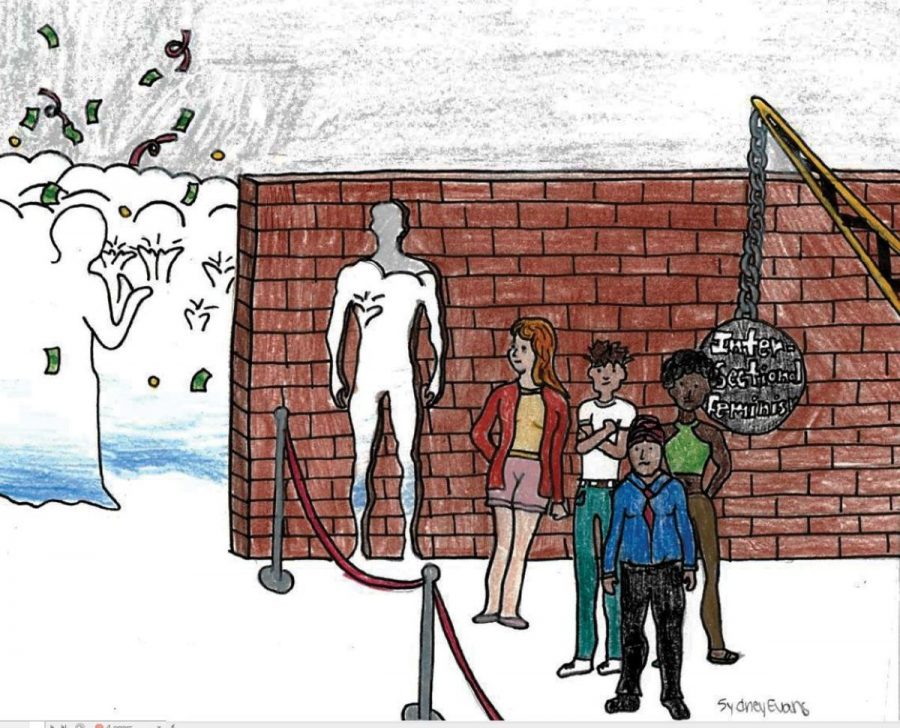February 2018 Staff Editorial: Feminism is more than just a word
BREAK OUT. Throughout history, various groups have slowly fought for greater equality in all realms. Today, feminism moves to become ever more inclusive. Intersectional feminism seeks to understand and combat everyone’s oppression.
Merriam Webster’s 2017 Word of the Year. Not quite profanity, but sometimes it can feel just as contentious, shocking, and hard to interpret.
Feminism.
A 2016 poll from “The Washington Post” found that only six in ten American women and one in three men consider themselves feminists.
Yet, the vast majority of Americans consistently state that they support equality.
Today, the term seems to bring to mind marches and picketing in vagina hats, or radicals who “hate men.”
Yet, feminism is defined as the advocacy of women’s rights on the basis of equality of the sexes. It has taken on plethora different iterations and faces, but the concept of equality remains at its core.
This concept of different faces leads us to the focus of this issue: intersectional feminism. We can guess what you might be thinking: more politically correct complication. Yet, this complexity is a crucial and inherent part of fighting for all members of our complexly diverse society.
Intersectional feminism intends to fight for equality for women of all races, religions, orientations, and socioeconomic status.
It is about recognizing the different struggles and experiences of others, and using that understanding to truly achieve feminism’s basic goals for all.
Essentially, we encourage everyone to seek the education and empathy involved in working to make our society better for all women, and all men as a result.
Additionally, feminism seems to become increasingly political, but we would like to remind that it starts closer to home, in our everyday interactions, conversations, and misconceptions. Whether or not you consider yourself a feminist–it really is not the word that counts.
Your donation will support the student journalists of Sycamore High School. Your contribution will allow us to purchase equipment and cover our annual website hosting costs.





